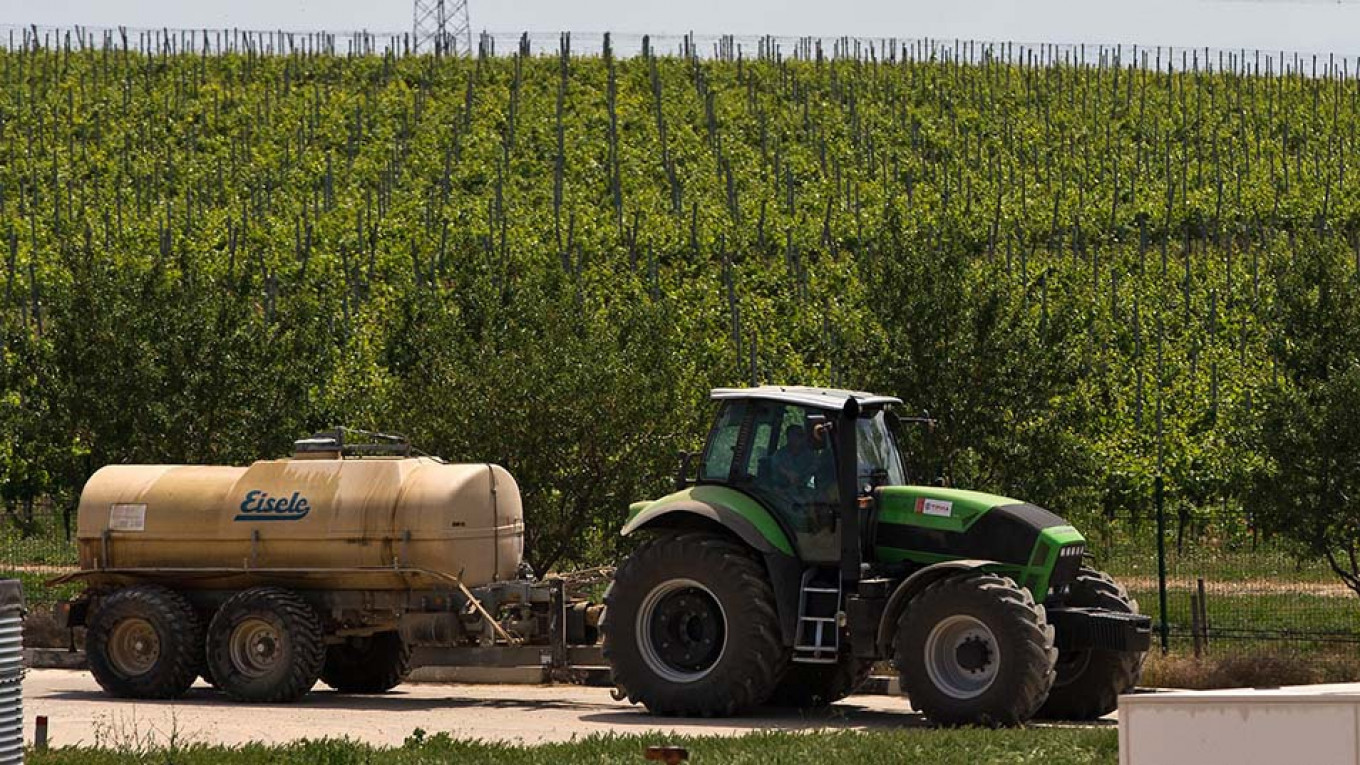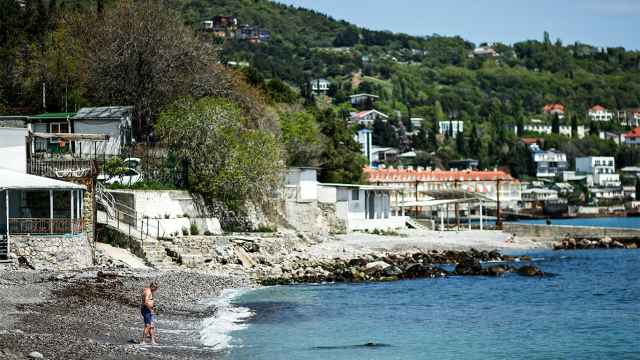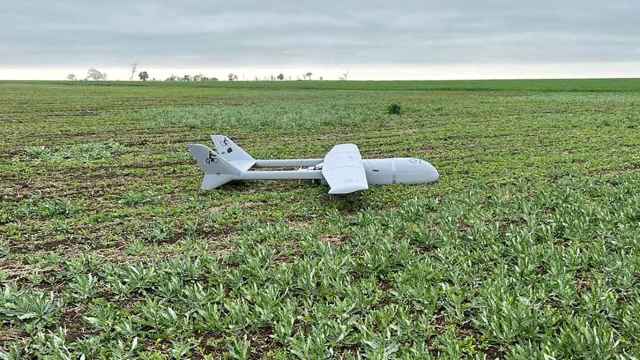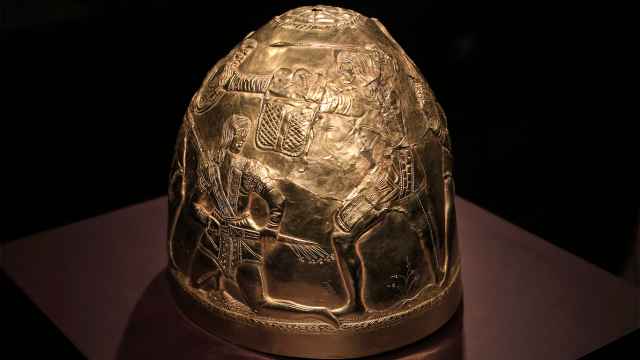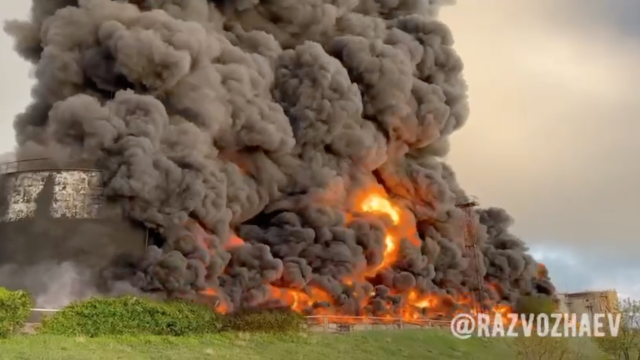Prestigious winemaking awards were low on Russia's list of priorities when annexing Crimea from Ukraine in 2014, but it now counts accolades won by Crimean winemakers as a Russian achievement.
Scooping three silver and three bronze medals at the International Wine and Spirit Competition (with their Riesling variety getting an 'Outstanding' tag), new winemaker 'Alma Valley' has become the latest soft power victory in the 'Russification' of the peninsula.
Even though the project dates back to 2008, when the first grapes were planted on the shores of Alma River, and the state-of-the-art winery became operational in 2013, the entire top management is made up of Russians believed to be close to people in power in Moscow.
In 2015, Russian media outlet RBC conducted an investigation into the financiers of the project and found no concrete patrons, but said it looks like a top state banker was heavily involved.
According to Alma Valley's PR material, the valley itself has been a wine-producing location since times immemorial, from the Scythians of antiquity to the Soviet Union. The vineyards only fell victim to Gorbachev's 1985 anti-alcohol campaigns which destroyed much of Ukraine and Georgia's winemaking capabilities.
The Mediterranean-esque climate and soil conditions are non-existent on mainland Russia, and that is what gave the winemaker the advantage over long established Russian brands.
But prime winemaking real estate is not the only factor, as the company attracted German wine guru Thomas Doll to be chief winemaker from the outset.
Over the past seven years, Doll has instilled the tradition of gentleness in handling the grapes, avoiding crude pumps and mixing vats in the winery.
The IWSC award and other certificates may soon hang on walls in Moscow as Alma Valley has begun to open wine bars there.
Wine is the only alcohol industry to have grown year on year in Russia following the 2008 financial crisis, writes wine journalist Anton Moiseenko on his personal website, adding that Crimea's annexation was a major factor in rejuvenating interest in 'local' wine production.
The company hopes to produce 1.5 million bottles by the end of 2018 and has recently begun to add rosé to its selection.
A Message from The Moscow Times:
Dear readers,
We are facing unprecedented challenges. Russia's Prosecutor General's Office has designated The Moscow Times as an "undesirable" organization, criminalizing our work and putting our staff at risk of prosecution. This follows our earlier unjust labeling as a "foreign agent."
These actions are direct attempts to silence independent journalism in Russia. The authorities claim our work "discredits the decisions of the Russian leadership." We see things differently: we strive to provide accurate, unbiased reporting on Russia.
We, the journalists of The Moscow Times, refuse to be silenced. But to continue our work, we need your help.
Your support, no matter how small, makes a world of difference. If you can, please support us monthly starting from just $2. It's quick to set up, and every contribution makes a significant impact.
By supporting The Moscow Times, you're defending open, independent journalism in the face of repression. Thank you for standing with us.
Remind me later.



